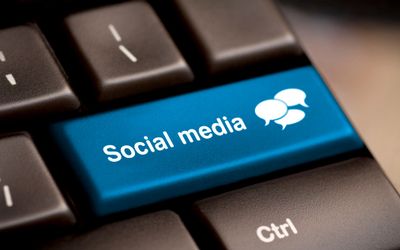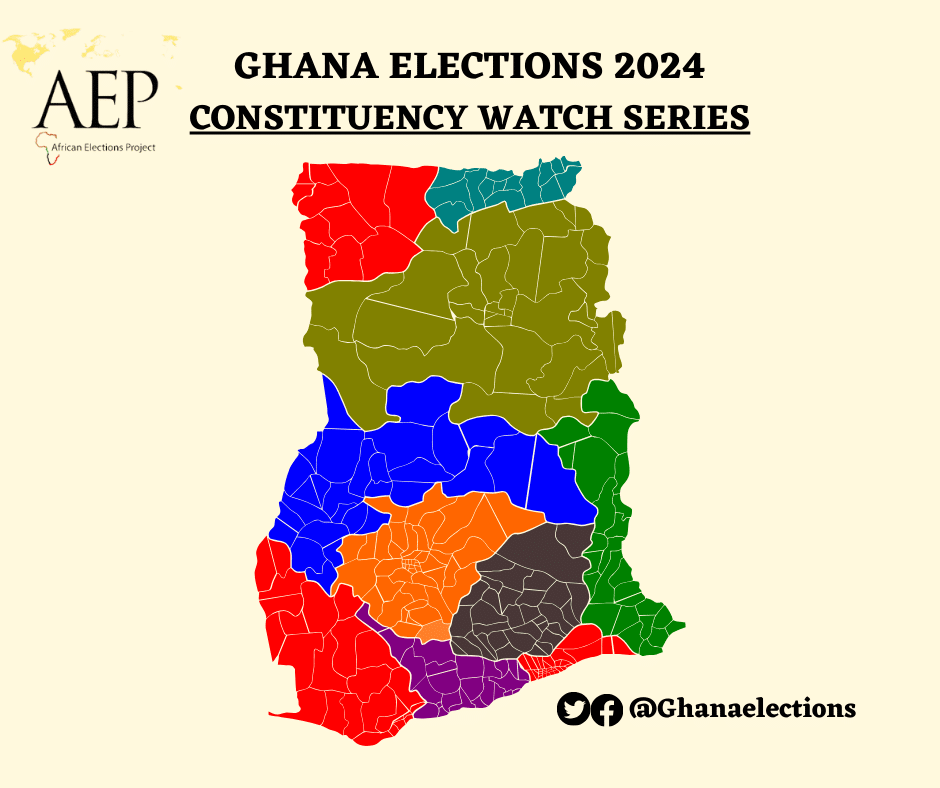Penplusbytes is calling on all Ghanaians to use social media responsibly on Election Day by reporting election related incidents on social media and getting involved in making this elections transparent, free and fair.
Penplusbytes will be deploying a 72-hour nonstop social media monitoring centre dubbed the Social Media Tracking Centre (SMTC). With the “Aggie” software, the centre will be monitoring and responding in real-time to reports emanating from social media platforms such as Twitter and Facebook from December 6th to 8th. Aggie is able to present trends grouped around voting logistics, violence, political parties, etc. Verified incidents generated from the SMTC would be passed on to the National Elections Security Taskforce with regards to violence and those of relating electoral logistics will be sent to the Electoral Commission (EC).
Through rapid citizen feedback, gathered through social media, problems that may trigger security incidents will be quickly resolved, contributing to a peaceful election.
Social media can be a great way to stay in touch with friends and family and even to network professionally. Today there are a wide variety of social media platforms available – Facebook, Twitter, LinkedIn, and Instagram are just a few of the options. While social media can be a useful tool, it is important to keep several pointers in mind to keep social media use as safe and responsible as possible.
The growth of social media not only poses challenges to traditional media policy- and regulation-making, which are based on the type of medium and on national borders, it also triggers new legal issues of both a criminal and civil nature around the world.
Particularly during elections, where this new means of communications is either used for public good or exploited, there is the need to be careful and circumspect in whatever information you intend to spread using social media.
Despite its excesses, social media has contributed to entrenching democracy, especially in most African countries, monitoring of elections as well as serving as a major source of diverse information.
The 2013 Kenya national election has been described as the most hi-tech in the history of Kenya elections and by extension African elections. Kenyan youth were recovering from the violence in 2007-08 and did not want any post elections violence. Instead of doing nothing and letting their frustration build up, they actively used social media, blogging and expressed their opinions about a wide range of issues.
Then also, it was estimated that politicians in the just ended US elections allocated over 9 percent of their media budget towards digital and social media — this comes to an estimated $1 billion. This goes to tell how much eminence is given to the reach and influence of social media in elections.
Social media is playing an increasingly large role in the way candidates communicate and engage with voters.
In February 2016, however, the Ugandan government decided to shut down social media on elections day in a bid to control its use in spreading false information.
The ban lasted up to 72 hours. What is interesting to note was how Ugandans became digital security experts in such a short while.
Virtual Private Networks (VPNs) became the talk of town. Even though such talks are not the kind commonly heard, everyone was talking about VPNs.
Statistics showed that up to 1.5 million VPN downloads were made by people in Uganda. That essentially makes up Uganda’s active Social Media population.
A total ban of social media on Election Day would definitely increase suspicions and create an information gap that can easily be filled with more misinformation and rumours. That notwithstanding, there are means to circumvent as Ugandans did should there be a ban on December 7 during Ghana’s elections.
About
Penplusbytes is a not-for-profit organization driving change through innovations in three key areas, namely using new digital technologies to enable good governance and accountability; new media and innovations; and driving oversight for effective utilisation of mining, oil and gas revenue and resources.






